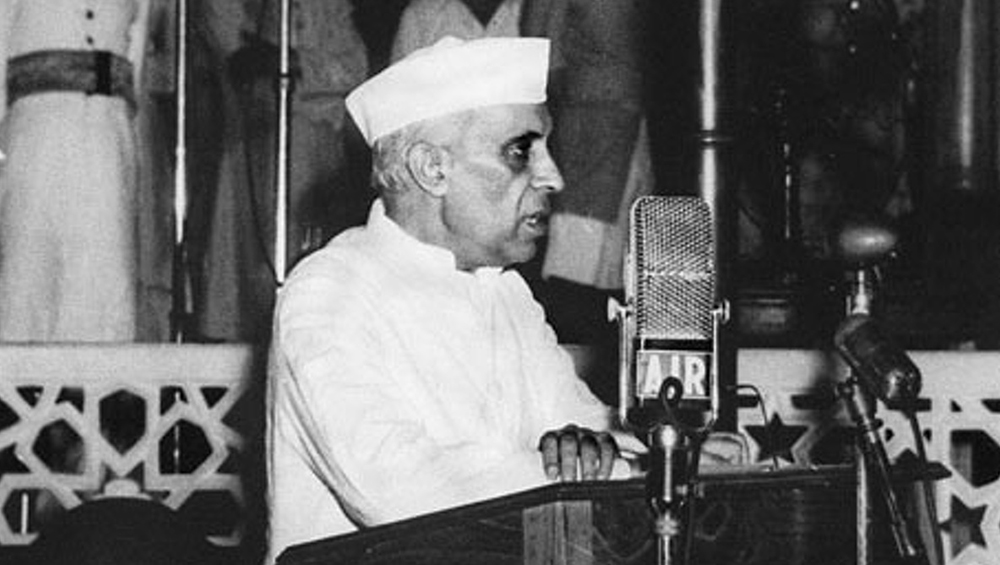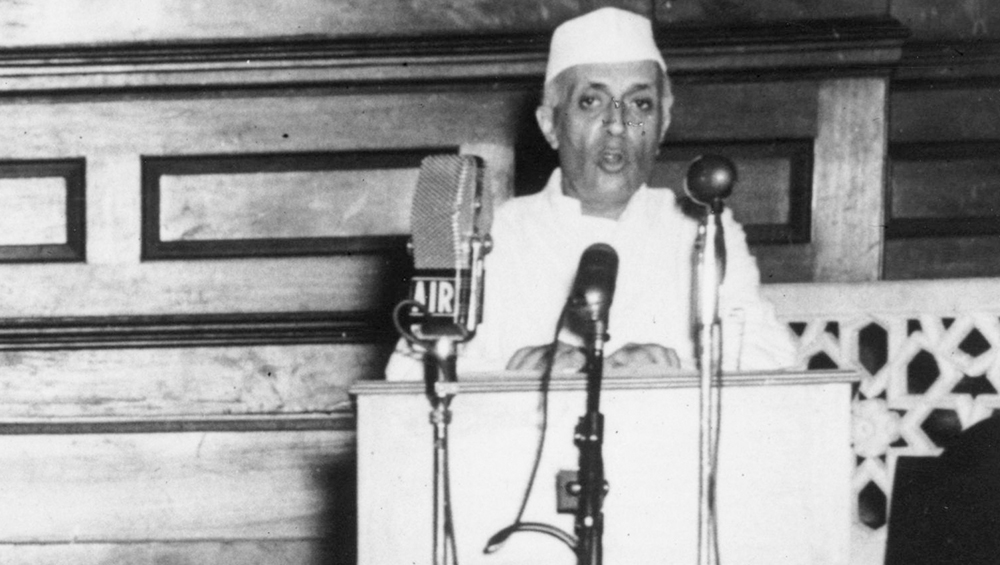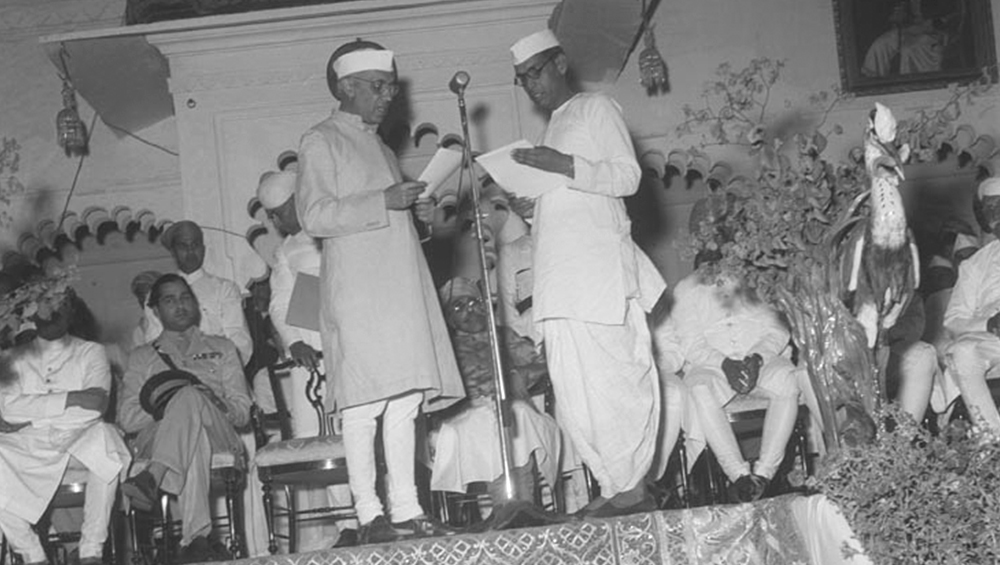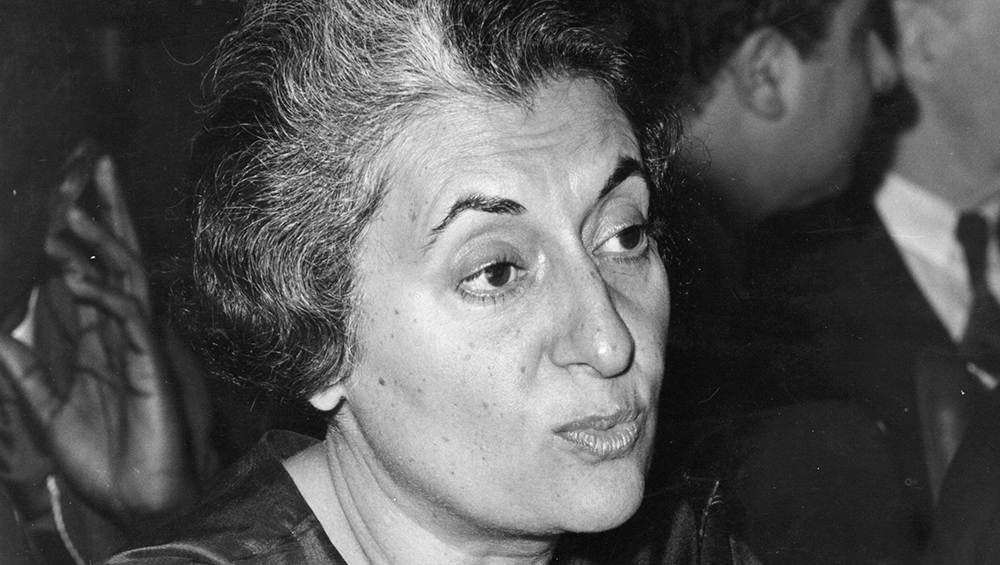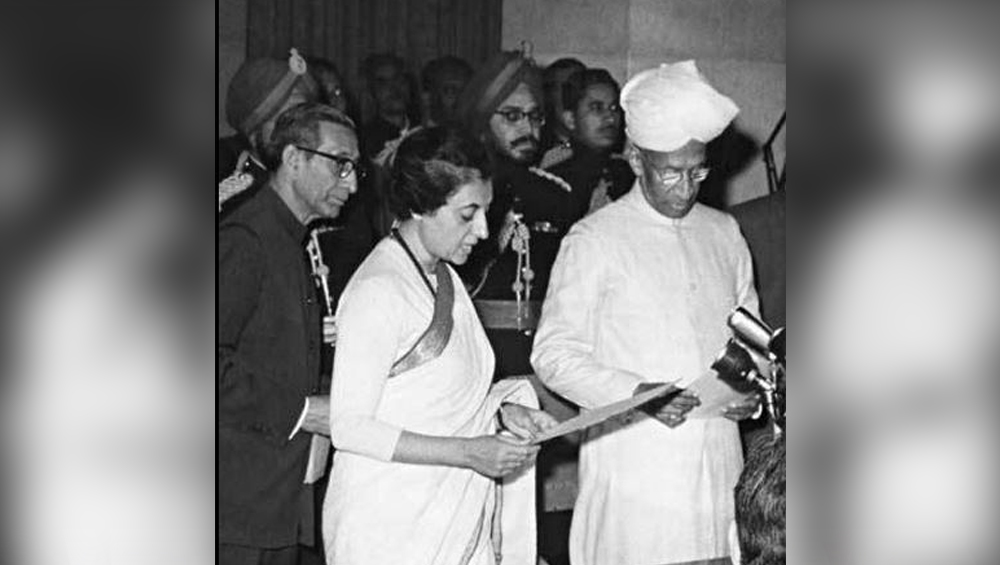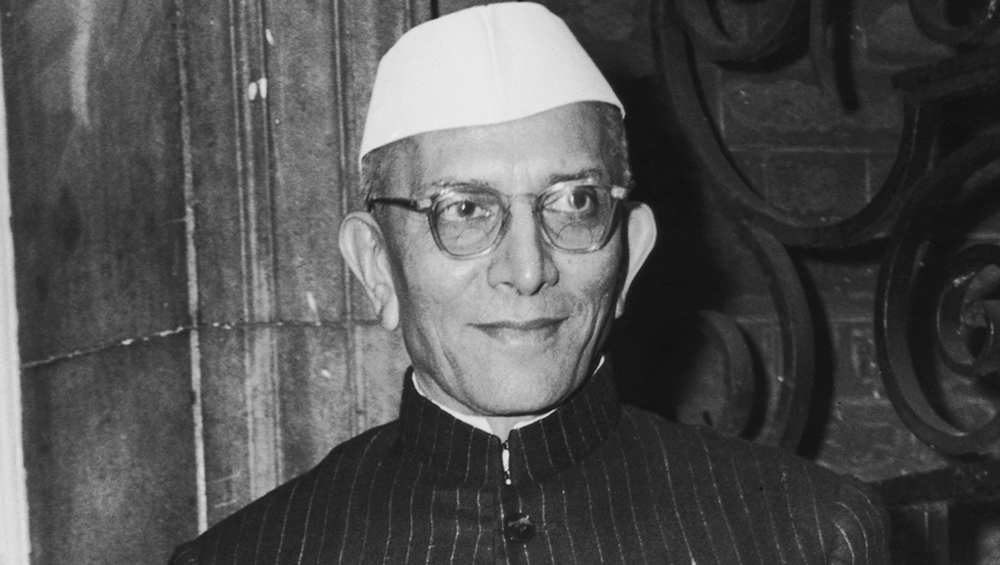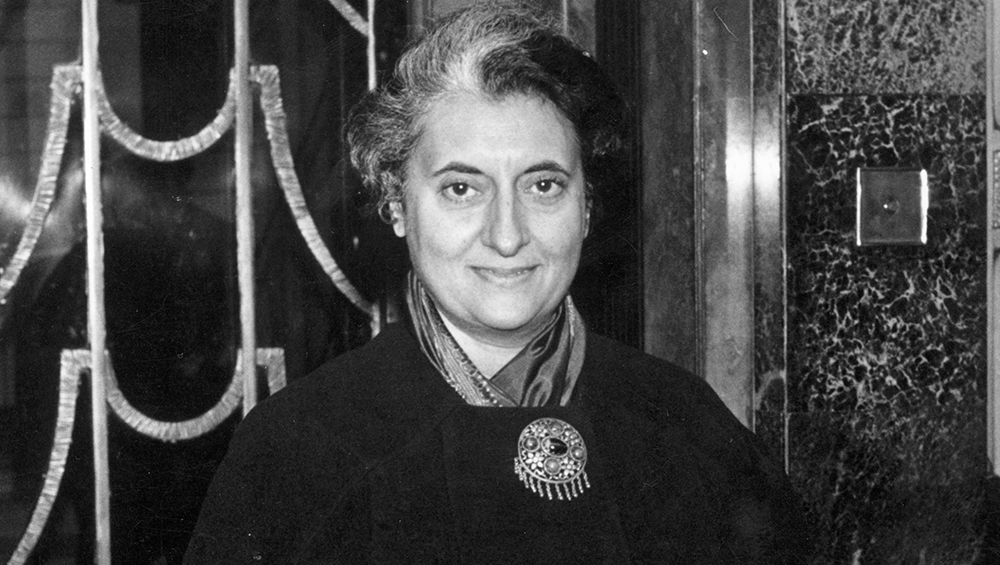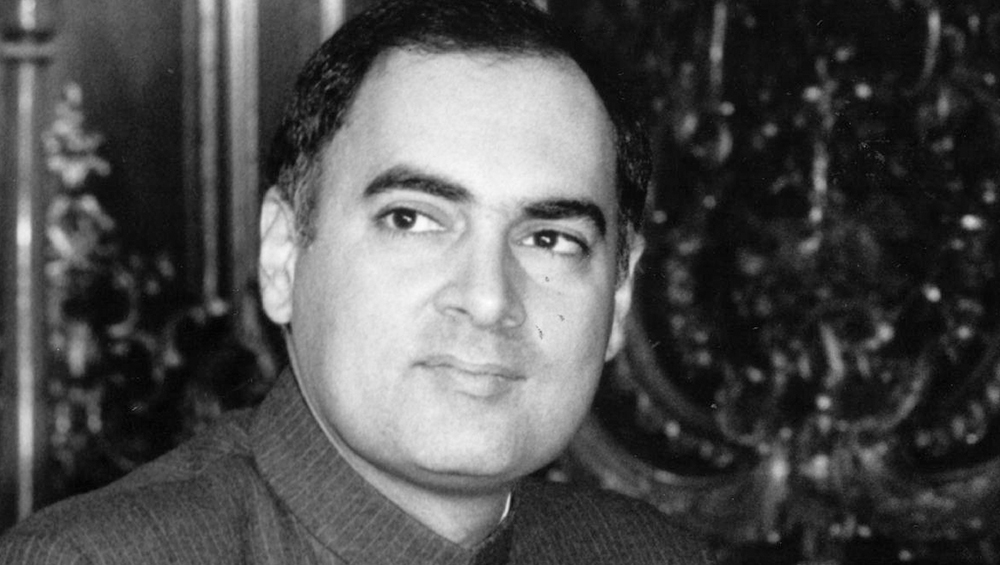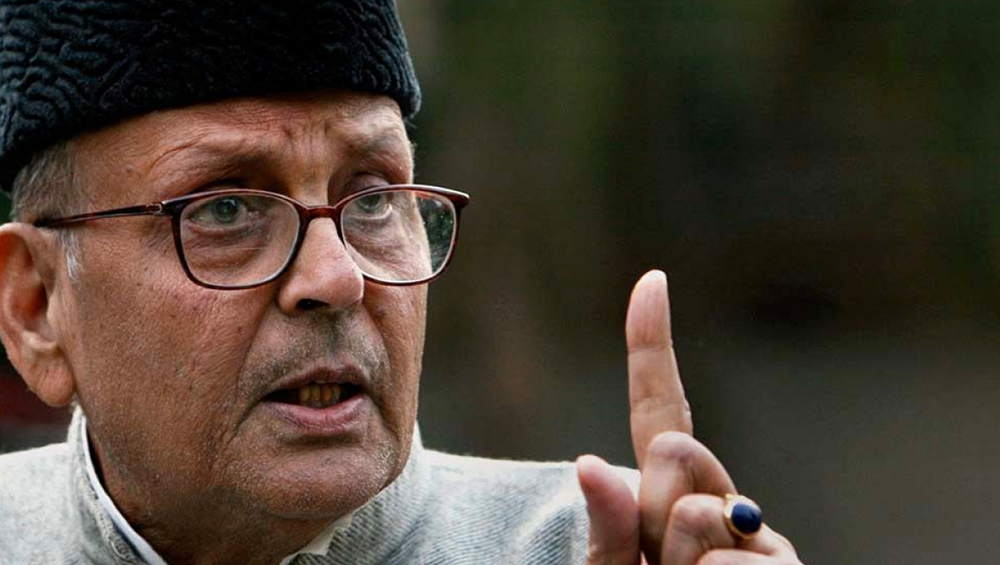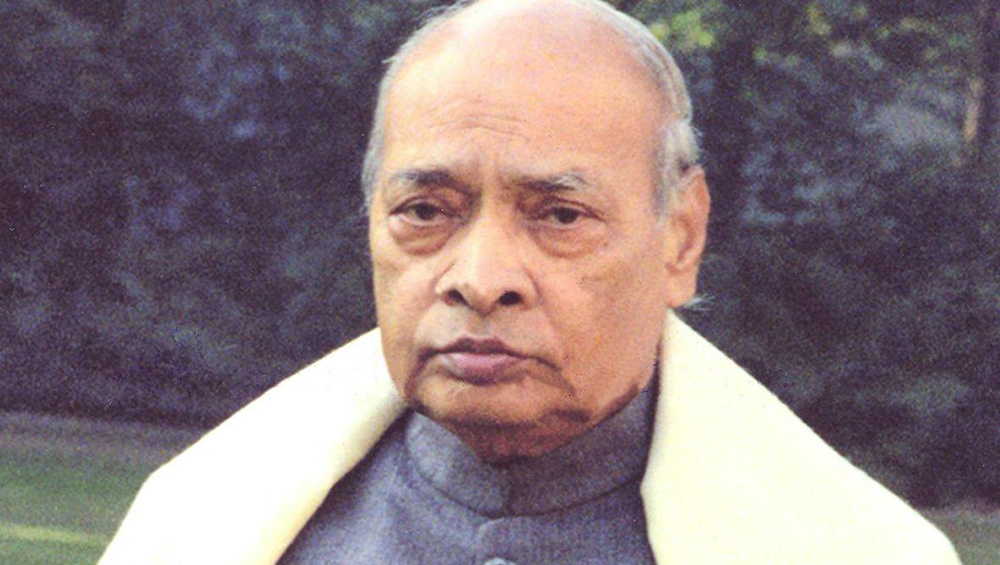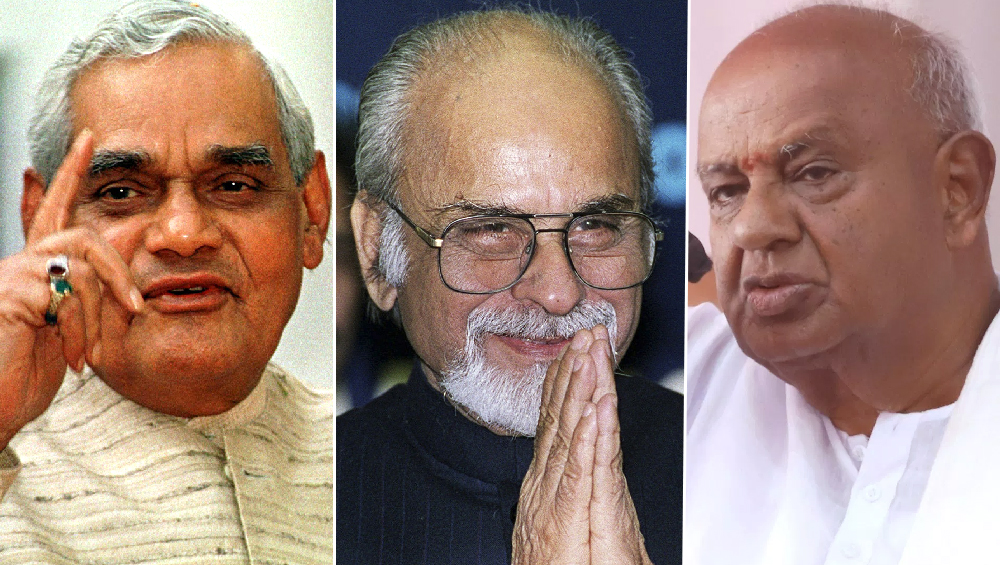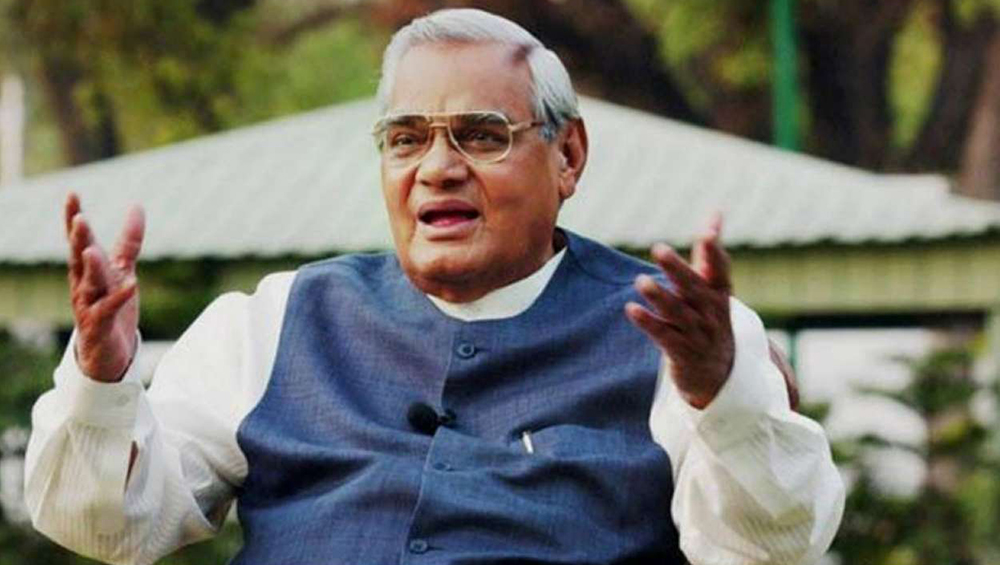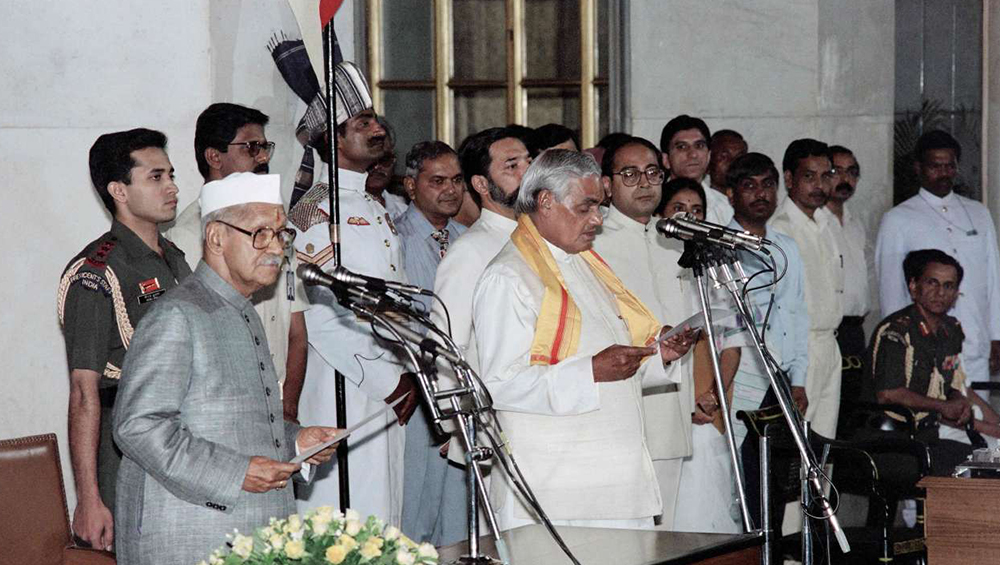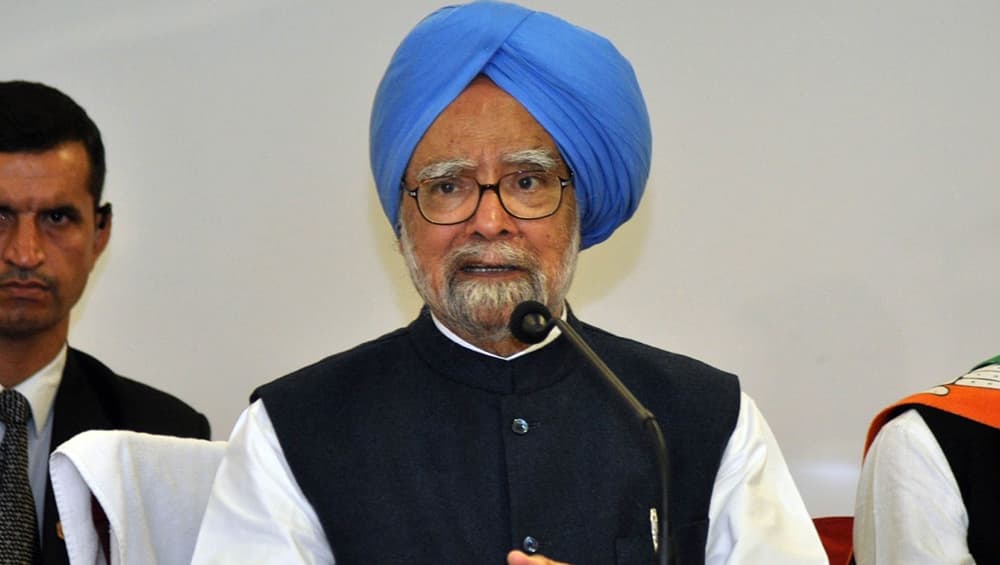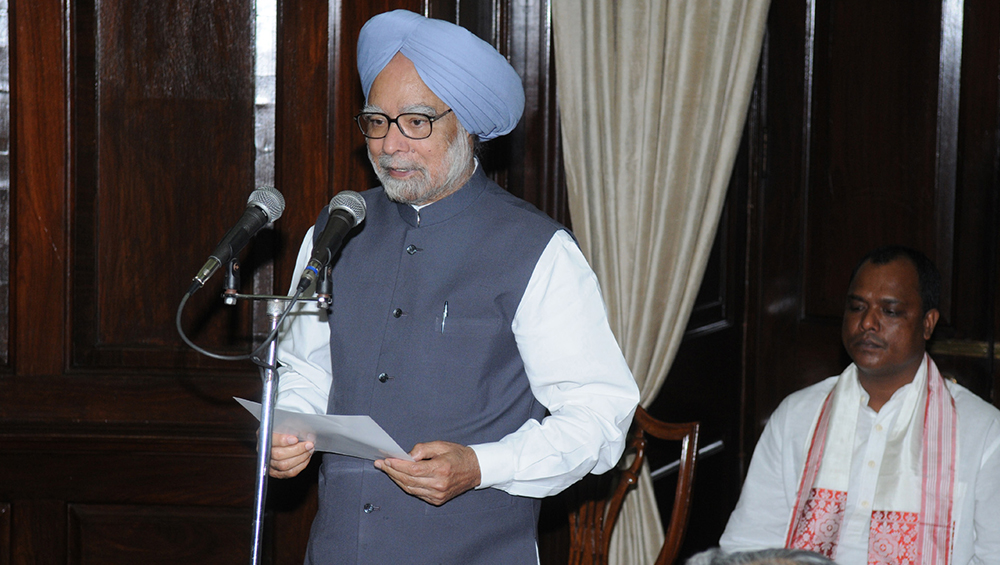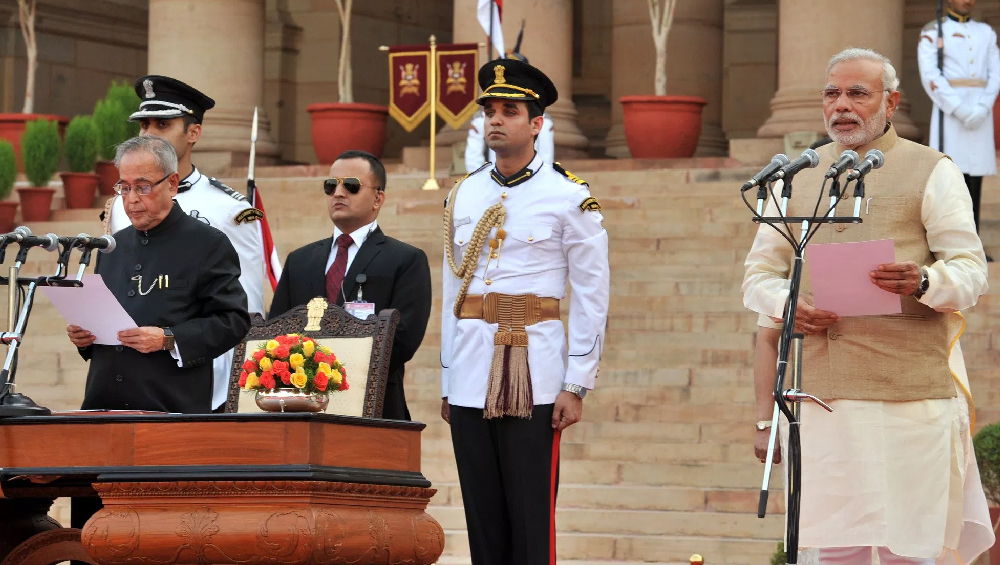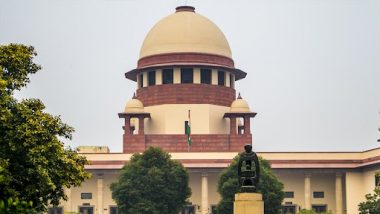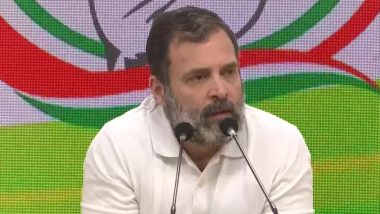Madras Lok Sabha Election 1951 Latest News & Results
List of Constituency Wise Winners
Lok Sabha Elections Timeline
-
Supreme Court Dismisses Petition Challenging Election of DMK MP Kanimozhi Karunanidhi From Tamil Nadu’s Thoothukudi in 2019 Lok Sabha Polls
The Supreme Court on Thursday dismissed an election petition challenging the election of DMK MP Kanimozhi from Tamil Nadu's Thoothukudi constituency in 2019 general elections. Kanimozhi had challenged a Madras High Court order which had refused to dismiss the petition against her.
-
Rahul Gandhi Conviction: Plea Challenging Congress Leader's Judgement in Defamation Case Ready, To Be Moved Soon, Say Sources
"This is a totally false case and his disqualification has come to keep him away from Parliament. But, we will fight it both legally and politically," he told reporters outside Parliament.
-
PM Narendra Modi Used Twitter to Reach Out to Urban Middle Class, Party Cadre During 2019 Lok Sabha Elections Campaign: Study
Get latest articles and stories on World at LatestLY. In the run-up to the 2019 parliamentary elections, Prime Minister Narendra Modi used Twitter to portray a culturally strong India buoyed by nationalism to attract the urban middle class and enthuse his party cadre, a study led by an NRI professor has concluded.
-
Election Commission to Make Political Parties Declare Detailed Info on Candidates' Criminal Cases in Electoral Affidavits, Says 'Will Implement SC Order'
The ECI announced that it would implement directions of the Supreme Court concerning criminal antecedents of candidates. Adding more, the apex elections conducting body made it clear that from now political parties have to upload detailed info regarding individuals with pending criminal cases against their candidates.
-
Saina Nehwal, Badminton Ace Joins Bharatiya Janata Party Along With Sister Abu Chandranshu Nehwal
India’s star women’s badminton player Saina Nehwal has joined the BJP. She along with her sister Abu Chandranshu joined the party in a formal ceremony conducted in New Delhi. Saina’s sister also joined the BJP. After the induction, Nehwal said, “I can see Prime Minister Narendra Modi does so much for the country, I want to do something for the country with him," the shuttler said, wearing the BJP scarf.
-
From Sports to Politics: As Saina Nehwal Joins BJP, Here's A Look At Sportspersons Who Took The Political Plunge In The Recent Past
The ace badminton player joined (long) list of sportspersons who entered the world of politics. Several sportspersons joined politics in the run-up to the 2019 Lok Sabha elections and in the state assembly polls.
-
Priyanka Gandhi 48th Birthday: Gandhi Scion Who Resembles Late PM Indira Gandhi Gets Wished by Scores on Twitter, See Wishes From Top Congress Leaders
Congress General Secretary and incharge for eastern Uttar Pradesh Priyanka Gandhi Vadra is celebrating her 48th birthday on Sunday. Congress leaders wished Gandhi scion who resembles late PM Indira Gandhi.
-
Year-Ender 2019 on Elections: From Narendra Modi's Resounding Win to Boris Johnson's Pro-Brexit Mandate, Five Poll Results That Kept The World Watching This Year
From Prime Minister Narendra Modi's emphatic win in India, to his UK counterpart Boris Johnson's crushing victory against the Labour, 2019 would go down as the year when voters round the globe posed faith in their incumbent leaders rather than vying for alternatives. Here are five poll outcomes that kept the world watching.
-
#LokSabhaElections2019 Most Tweeted About Hashtag of 2019 in India Followed by Chandrayaan 2, CWC19, Pulwama and Article 370, Check Full List Here
The most tweeted about hashtag in India this year was #loksabhaelections2019 used before and after the results of the General Elections 2019. The 17th General Elections, known as Lok Sabha Elections 2019 in India, was held from April 11 to May 19 and the counting was done on May 23, 2019.
-
Golden Tweet of India in 2019: Narendra Modi Tweet Celebrating BJP's Victory in Lok Sabha Elections 2019 Bags Tweet of The Year
Prime Minister Narendra Modi's tweet celebrating the Bharatiya Janata Party's re-election victory in 2019 was the most retweeted and liked tweet of the year, making it the "Golden Tweet" in India, the microblogging platform said on Tuesday.
-
Allahabad High Court Rejects Petition Challenging PM Narendra Modi's Election From Varanasi Constituency
The plea, filed by former Border Security Force (BSF) constable Tej Bahadur Yadav, sought the disqualification of Modi from his Lok Sabha membership, alleging violation of norms by the Election Commission in the conduct of polls in the parliamentary segment.

